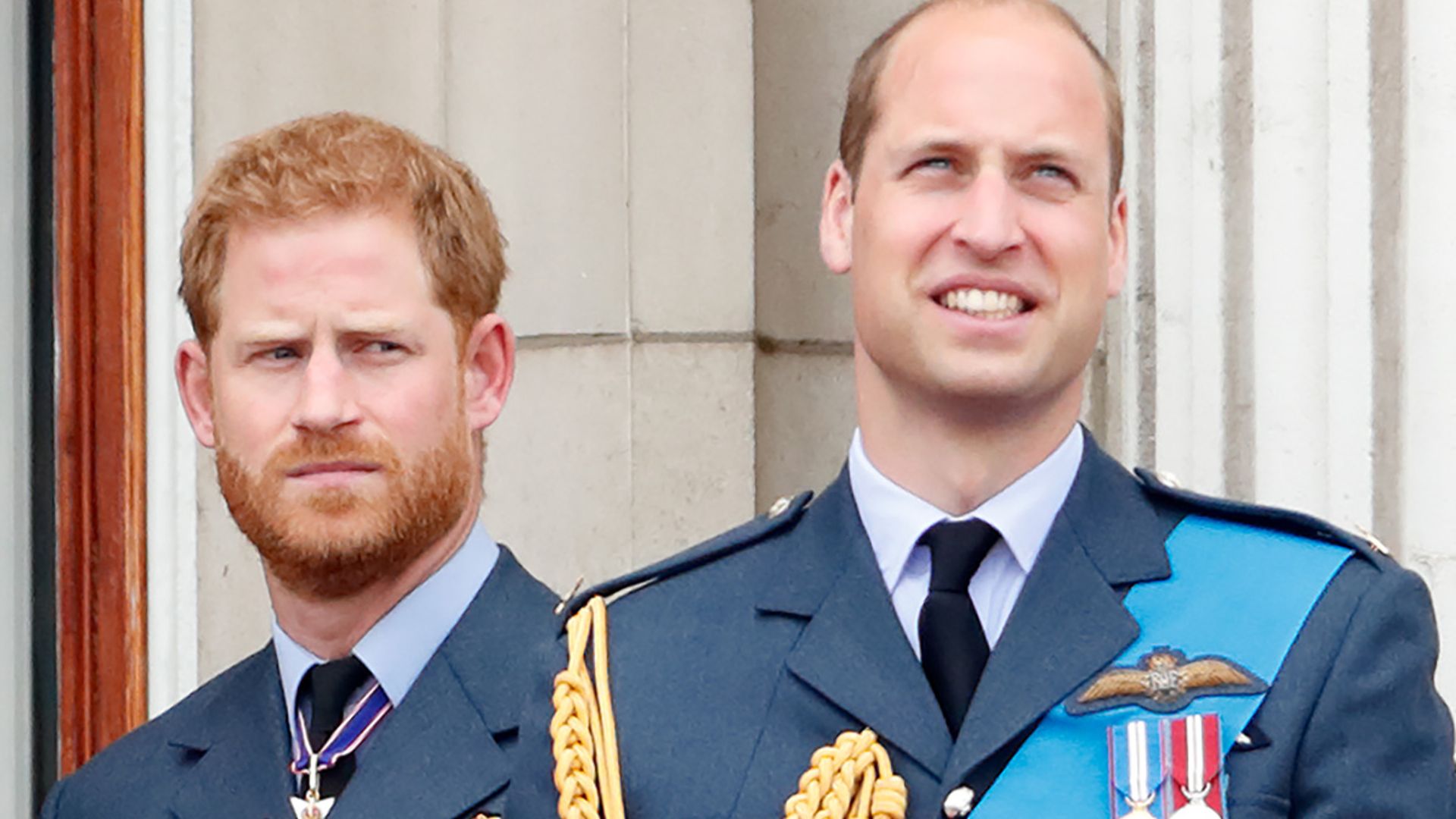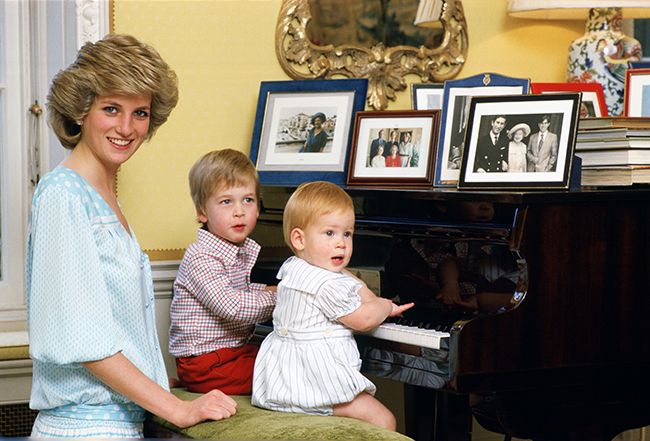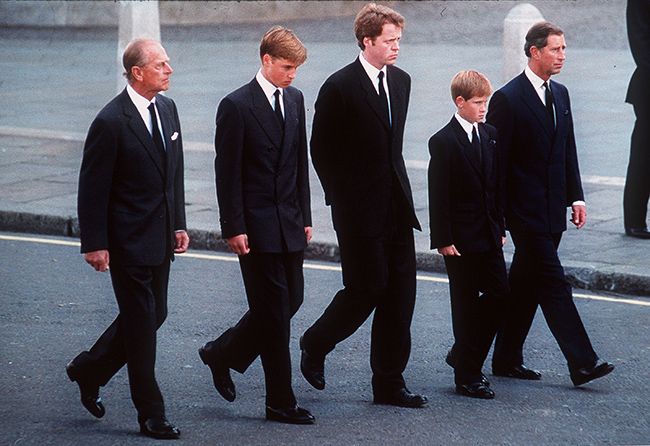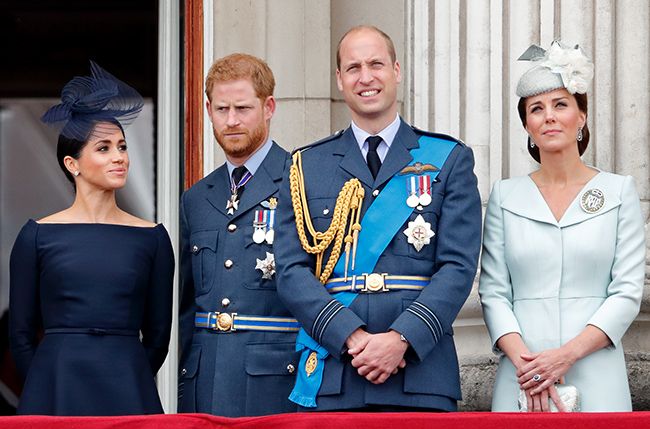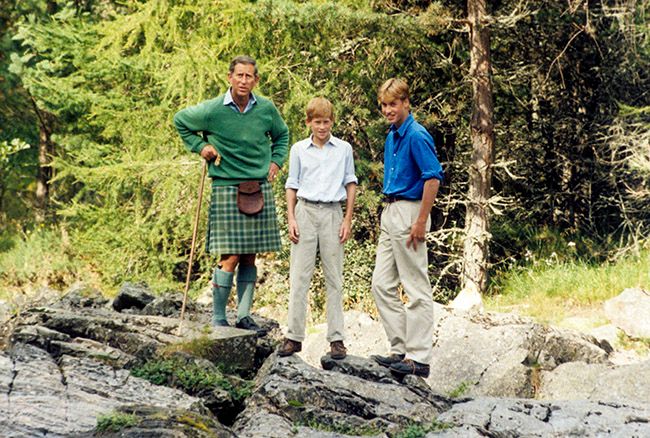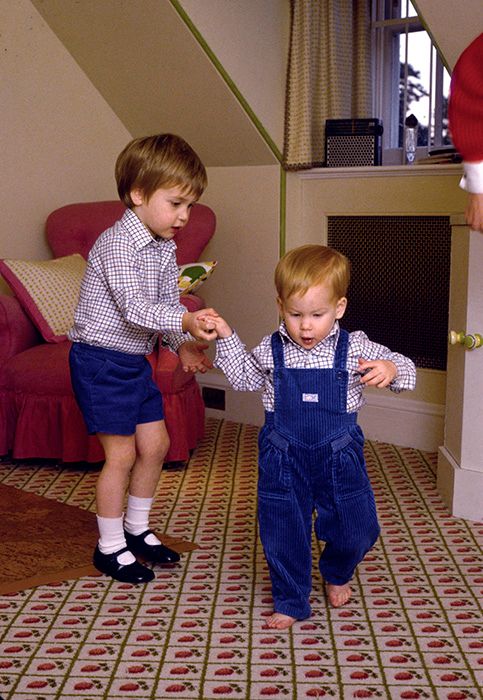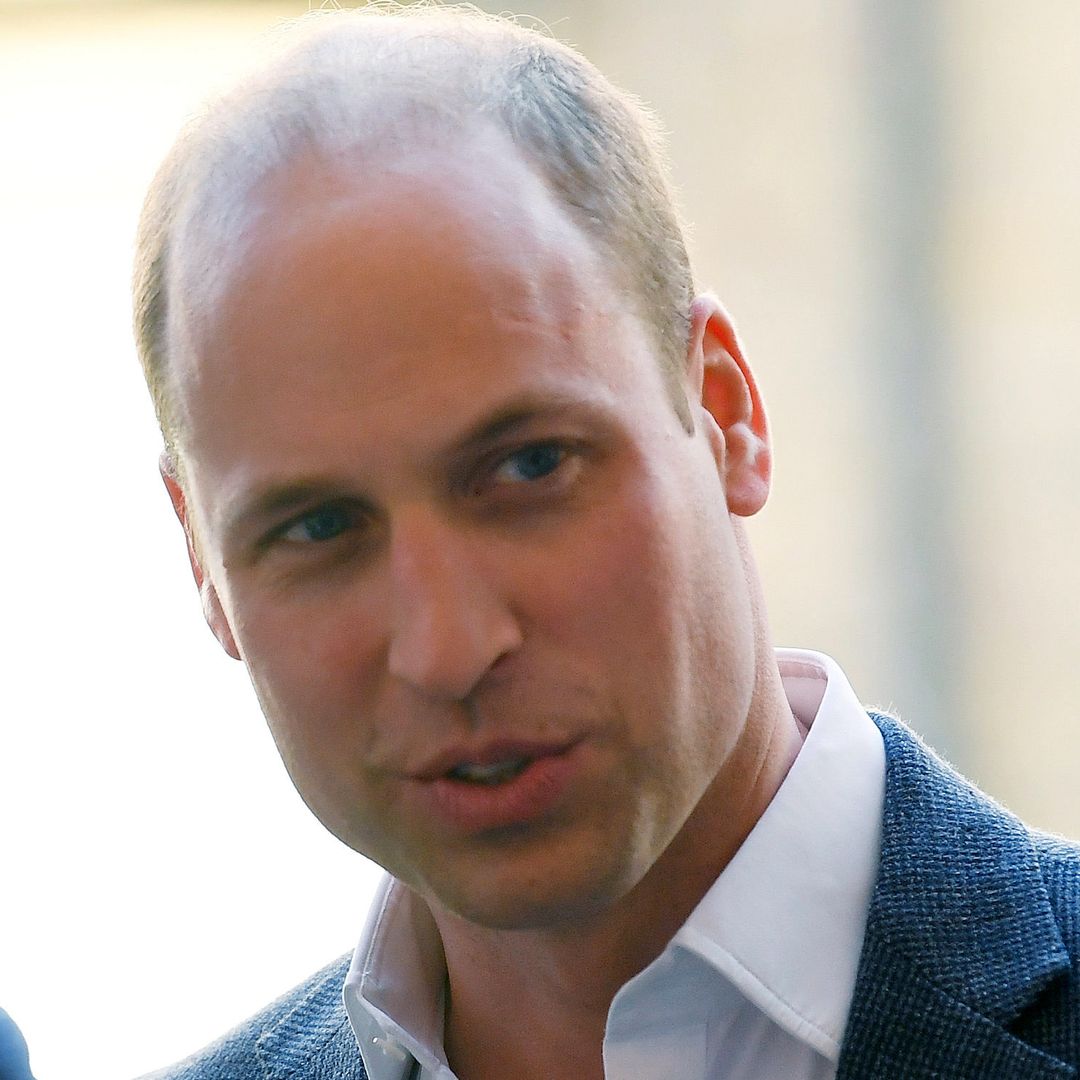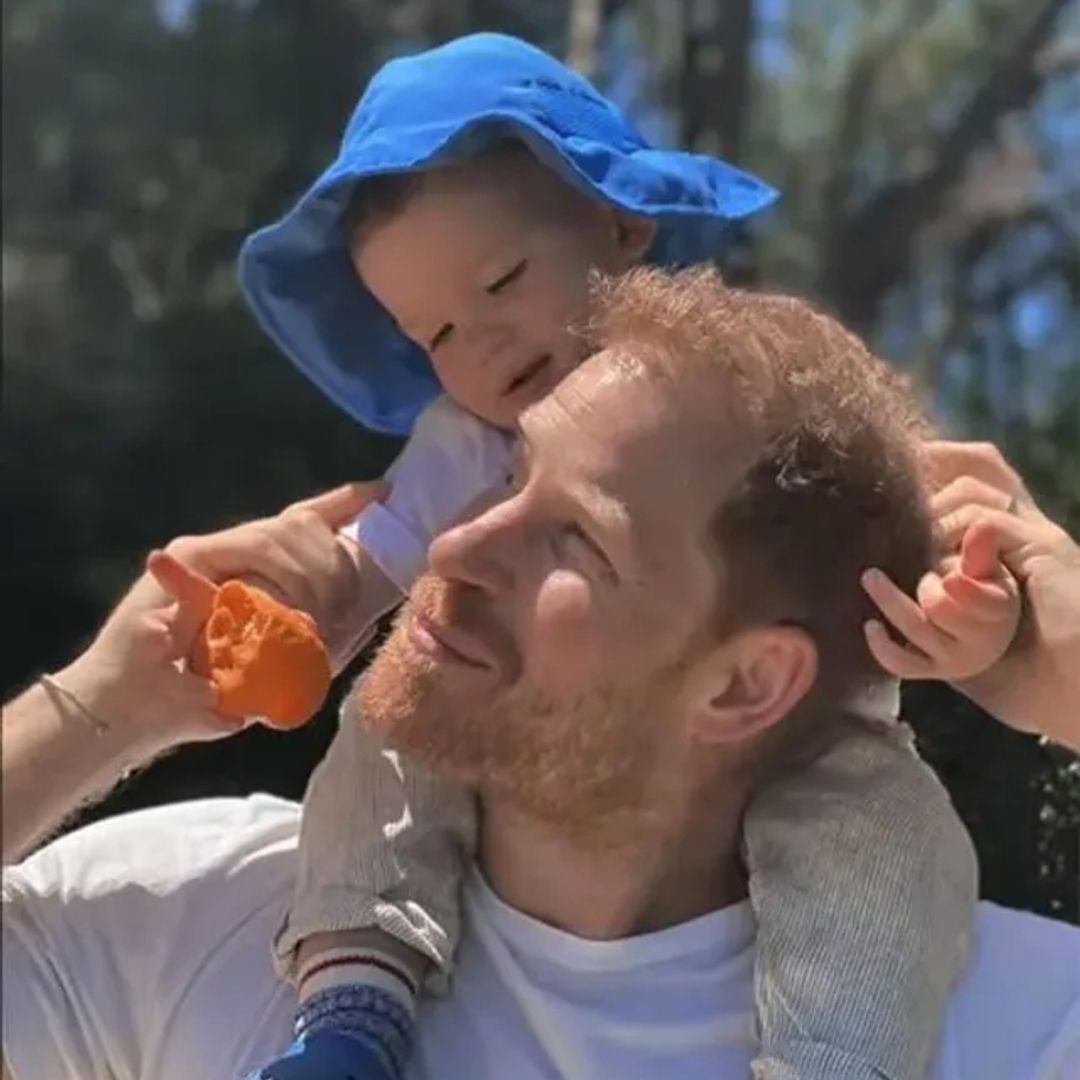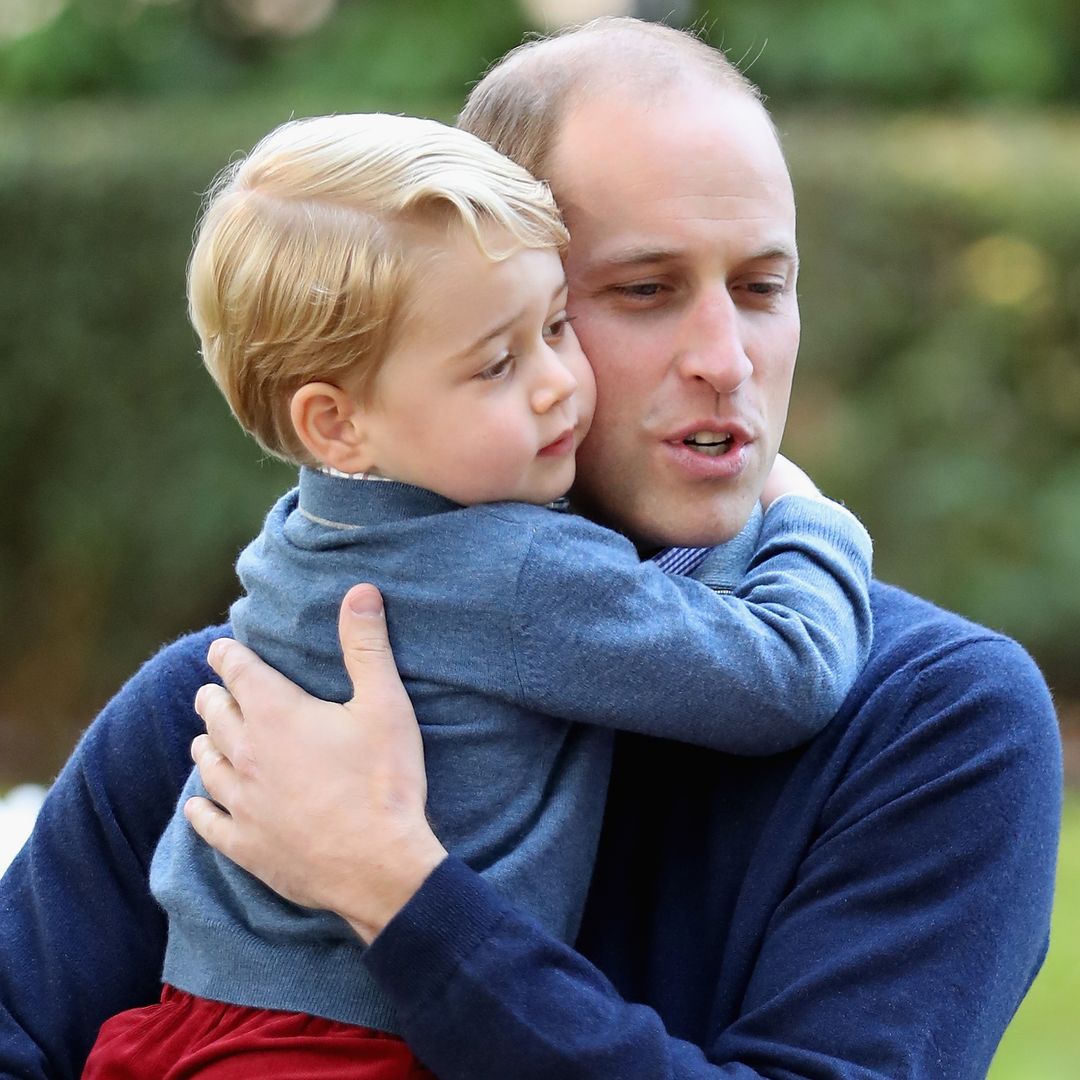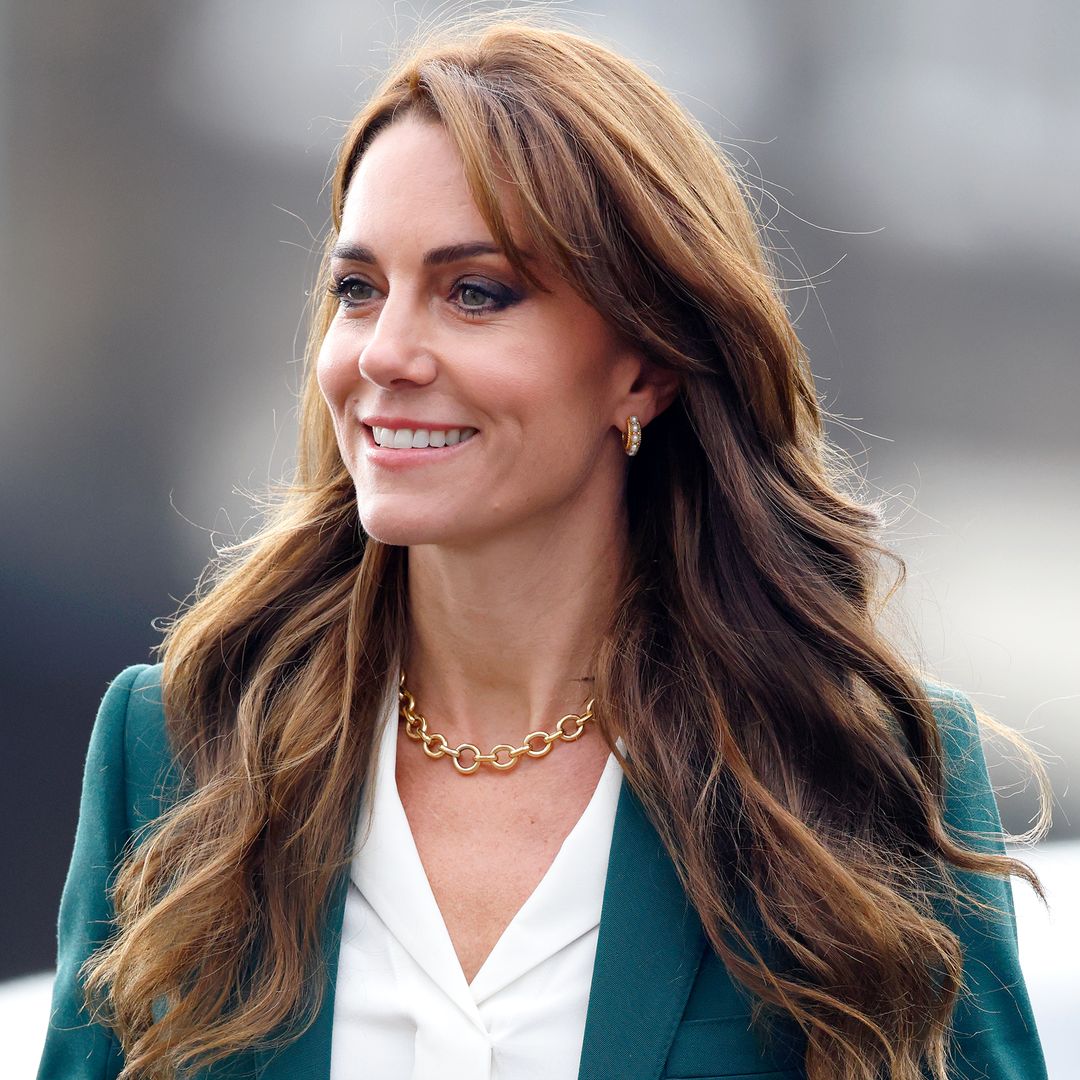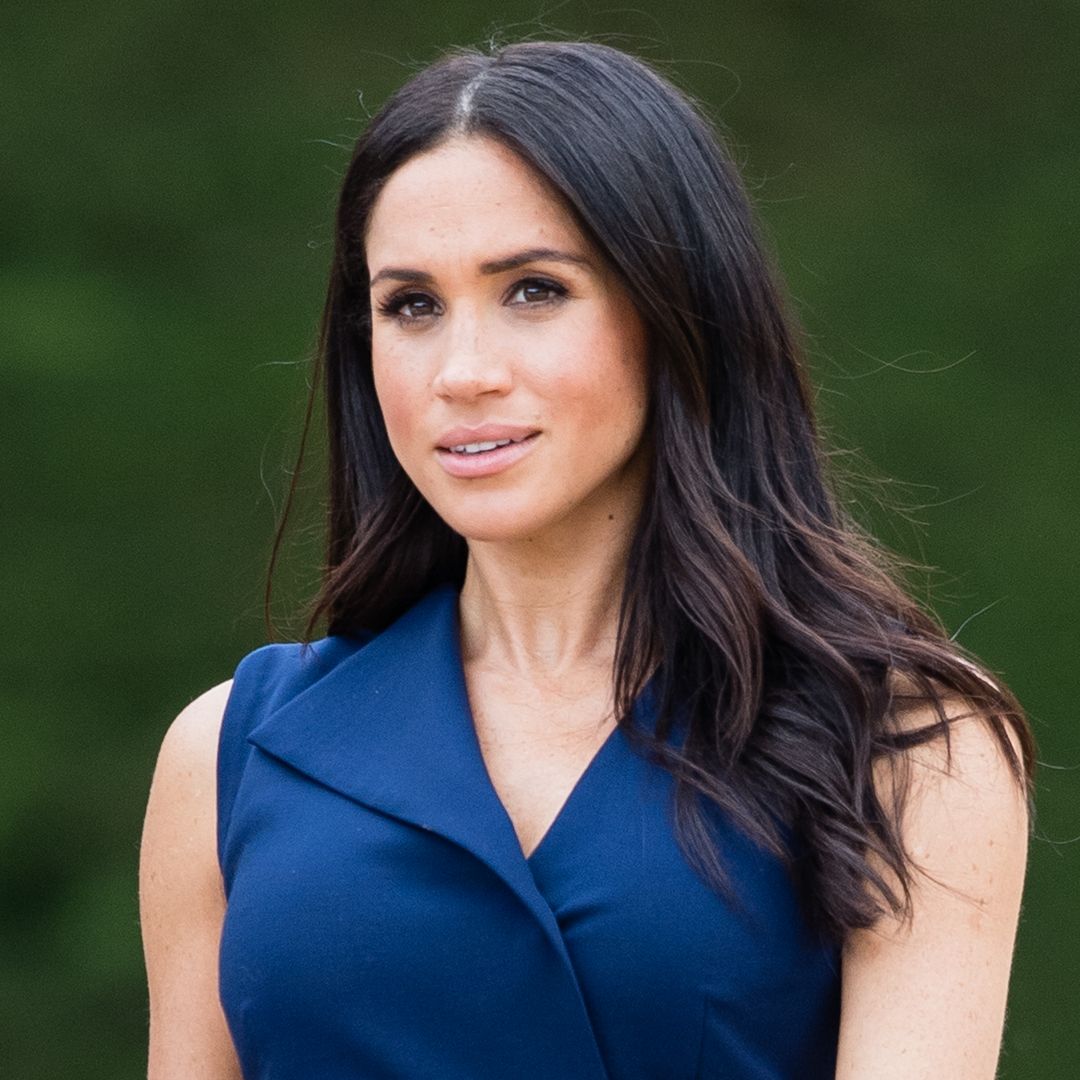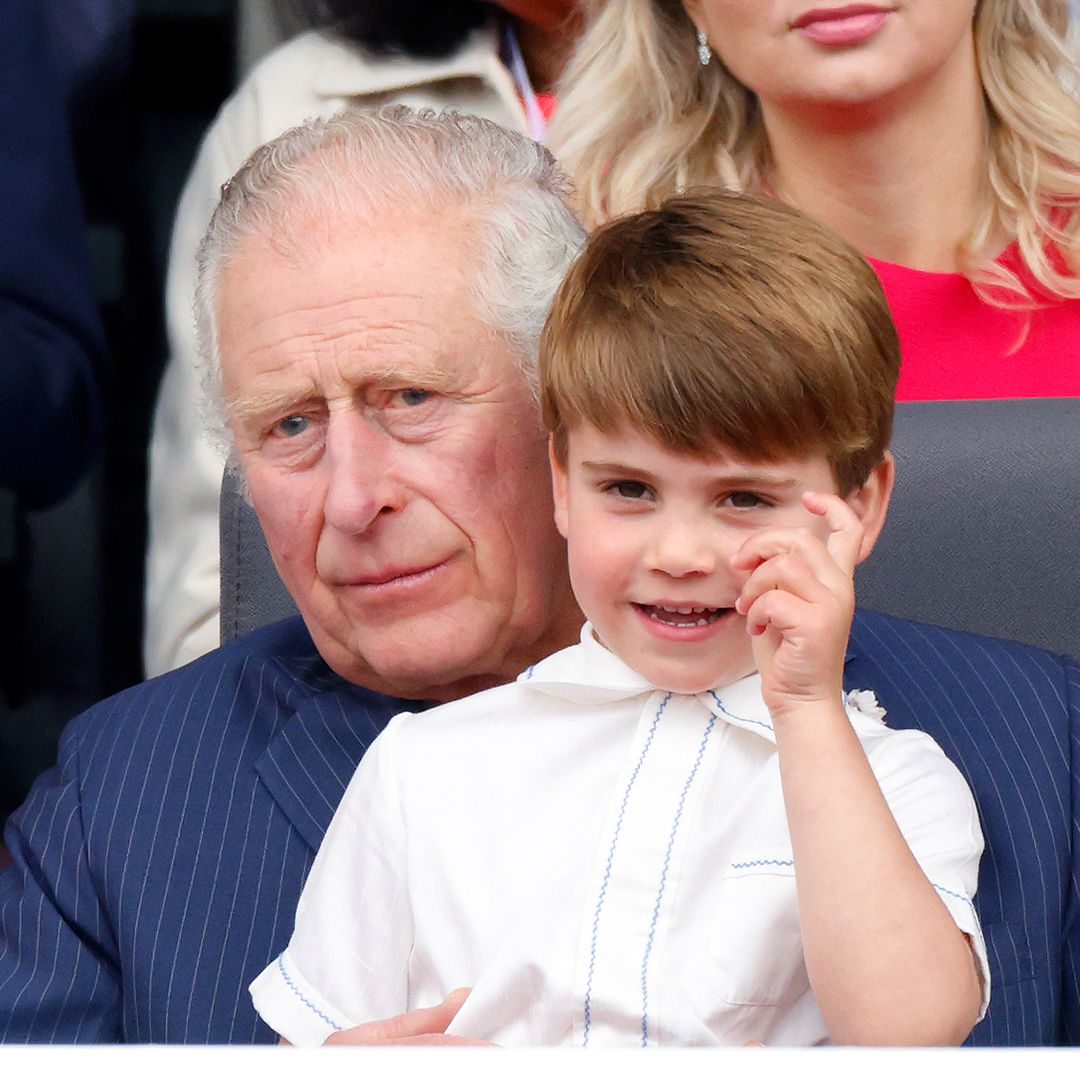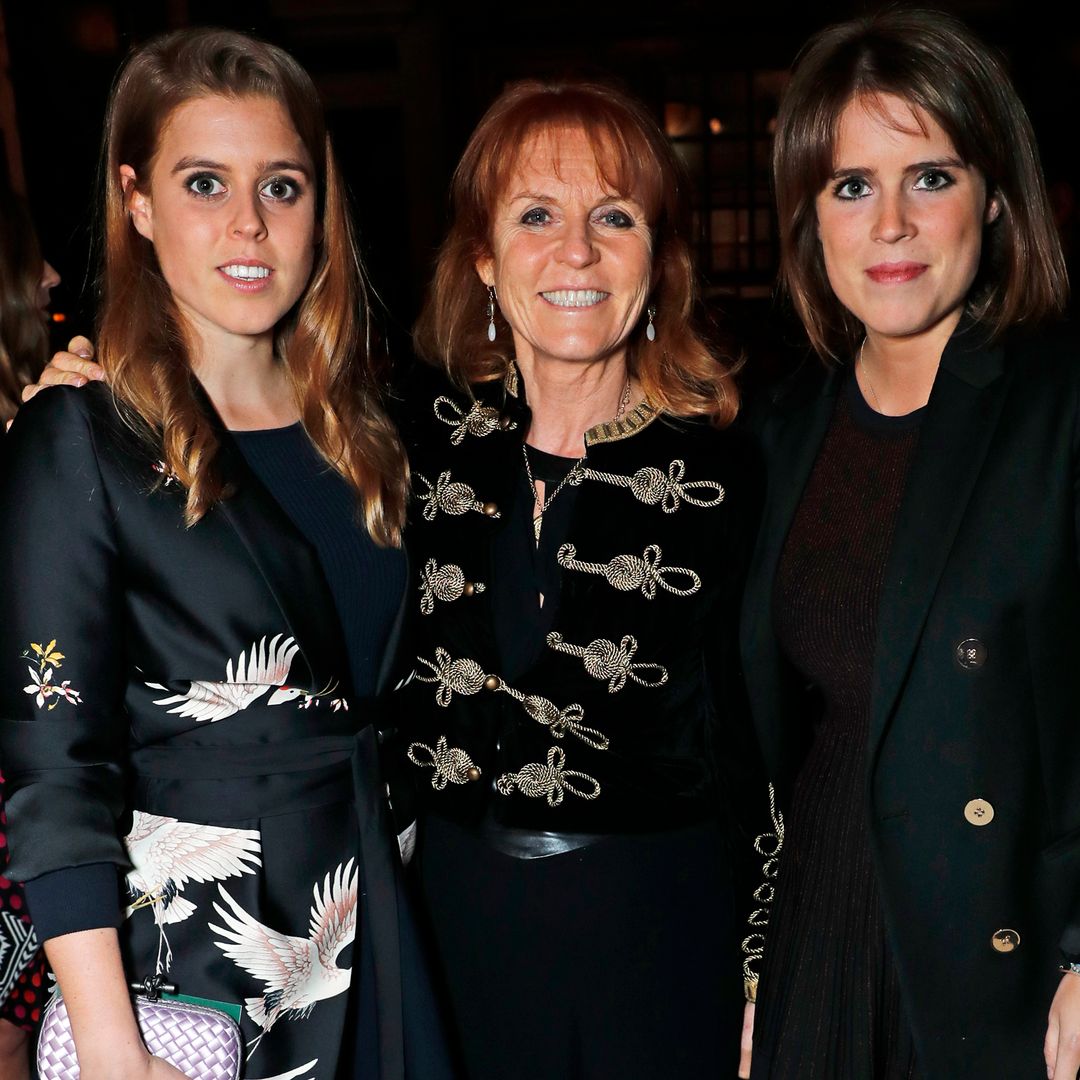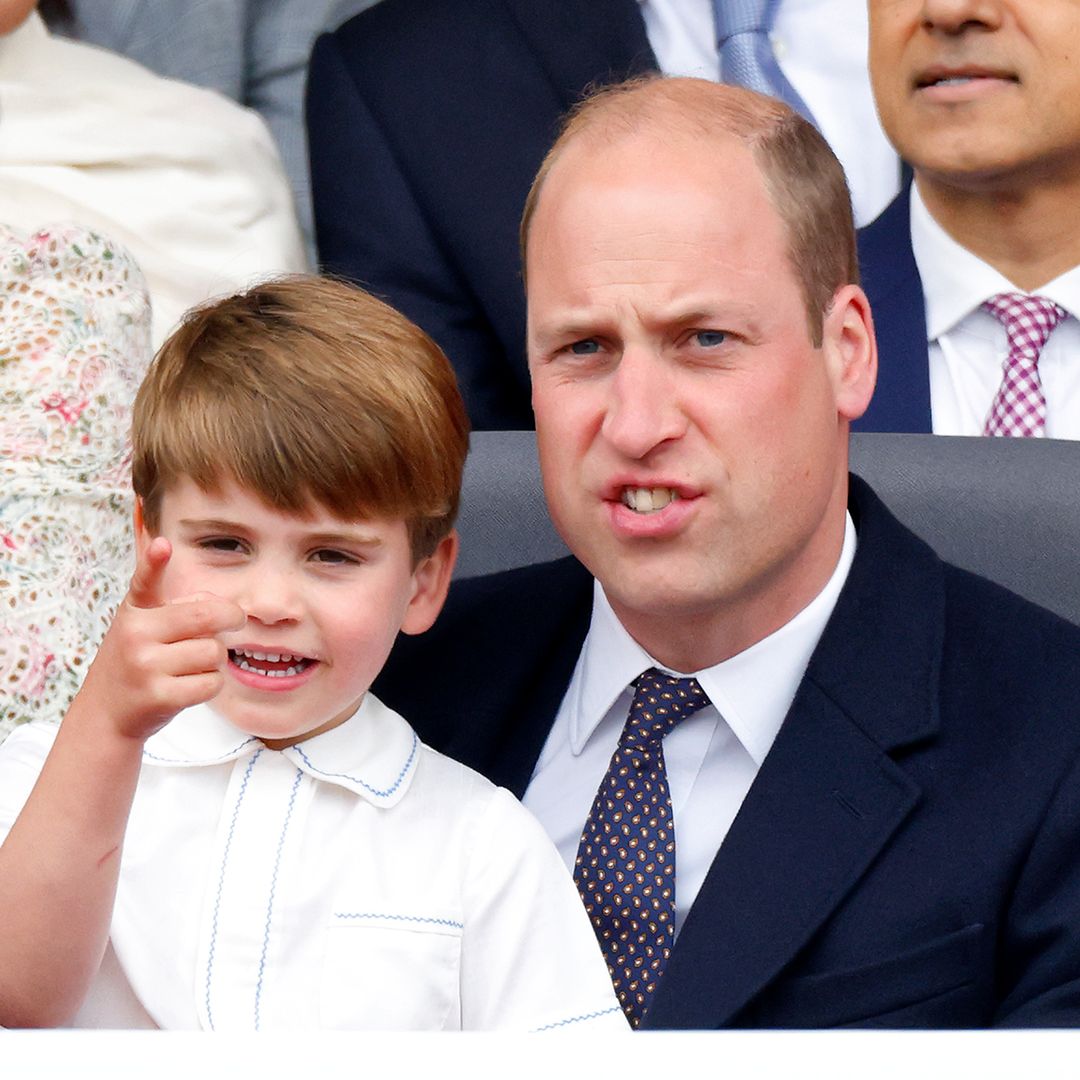Prince Harry has opened up about his upbringing within the royal family in his new memoir Spare, speaking of how he was parented by his father King Charles and his mother, the late Princess Diana.
We know from the Duke's revelations that Charles followed a much more formal style of parenting than Diana, often not showing physical affection towards his two sons, which Harry claims was due to it lacking in his own childhood. Harry spoke of his father simply placing his hand on his knee when he told him of his mother's death.
Princess Diana, however, was frequently photographed embracing her children when they were young.
WATCH: Harry and William's happier moments together
MORE: Prince Harry discusses family dynamics following King Charles and Princess Diana's 'messy breakup'
The late Princess Diana with a young William and Harry
HELLO! spoke to family psychotherapist, Fiona Yassin, founder and clinical director at The Wave Clinic, and asked her opinion on how these royal parenting styles impacted the princes growing up.
King Charles and Princess Diana's different parenting styles
Fiona tells us: "When we become a parent, the only teachers we've had are our own parents and you either decide to do things very similarly or very differently, but somehow we're carrying it to some degree.
"That very different conflicting parenting style between mum and dad is one of the environmental factors that we understand potentially leads to difficulties in relationships in later life [for the child]. It might come down to the way affection is shown, and then how that would play out in grief.
"The loss of their mother for Harry and William was also the loss of perhaps this tender and affectionate parenting figure that they had."
William and Harry walk behind their mother's coffin
Fiona explains how important physical touch is in a child's formative years.
"In psychology, we talk about people needing to feel held, children especially, which is about being heard and validated, and touch is one of the ways," she says.
"A touch and a hug activate the nerves on the skin, which is the biggest organ in our body. This in turn releases differences in the neurons and the neurotransmitters in our brain, which alter the way that our brain develops.
"If you go back years ago, children who were in those very old fashioned Romanian orphanages, where they had basic levels of care, adequate food, adequate nappy changing and adequate time with adults in the room, but they weren't being held, there was a very big difference in their physical and psychological development.
"So the dichotomy in the parenting styles is very difficult for a child to understand, very confusing. Little people are not able to navigate this higher order functioning.
"The part of the brain, the prefrontal cortex, that can deal with weighing up lots of things and make good decisions on it, like conflicting parenting styles, doesn't really finish developing until you're age 26.
"William and Harry were very little at this point. It wasn't developmentally appropriate for them to work out what was going on with mum and dad and the grief of losing [their mother]. It must have been incredibly difficult for them."
MORE: Why Prince William persuaded Prince Harry to change his wedding venue
Harry and William with their wives
The effect on mental health
Fiona tells us that a child who has experienced a lack of affection and differing parenting styles can go on to experience mental health issues.
She explains: "We know that it does leave children more vulnerable to adverse mental health concerns appearing later, in the teenage years, young adulthood and then onto later life.
"They may be predisposed to something called Affected Disorders, which are disorders of mood, and depression – major Depressive Disorder being some of that.
"There's lots of talk recently about something called a Complex Post Traumatic Stress Disorder.
"Lots of people have heard about PTSD but CPTSD is slightly different and it normally happens in childhood, and it normally around people who would ordinarily be expected to care for our emotional wellbeing and be our protectors.
"So if you've got quite clunky formal parenting in there that isn't nurturing, in some way it's not emotionally available, that could lead to something that we now describe as Complex Post Traumatic Stress Disorder.
"This would lead in turn to behavioral, social and emotional dysfunction in young people – and I'm wondering if that's what we're seeing in Harry's book.
"The things that we would term as 'acting out' in adolescence there look like they could be down to trauma reactions across that behavioral, social and emotional spectrum."
Prince Harry's therapy
Fiona says: "Interestingly, I think Harry has spoken before about his choice of therapy being EMDR, which is Eye Movement Desensitisation Reprocessing. It's particularly effective around trauma and really good at looking at non-verbal traumas.
"If you think about some of the conflicts that were happening in Harry's childhood household, they were going to be happening when these kids really didn't have the words to describe what was happening at the time.
"So when you're reworking through the trauma, it's often good to work through it in a non-verbal way – because there were no words at the time, quite often it's hard to work with words now.
"I wonder if some of that is what we're seeing in the more relaxed stance with Harry now, that he's been able to work through some of that early childhood pre-verbal trauma he experienced.
"I do think William shows a more stoic presentation; you can see the kindness and that he's also been incredibly well trained for the role that's in front of him."
Charles with his sons at Balmoral
Prince William and Prince Harry's parenting styles
Fiona says of the royal siblings: "When you look at William and Harry as a combination, William and his family seem to be about control, and with the roles they have in life, of course, they need to be controlled.
"Then I think with Meghan and Harry, we're looking at a lot of more chaotic presentation – it's not in the same realm of control. So we've got two very different presentations which almost mirrors what we had in Charles in Diana's [parenting styles].
"And now we've got the US contingent and the UK, and already there's a difference in [parenting] style there.
"When you look at those two countries, the UK is known as being much more controlled, much more reserved at how it deals with emotions and mental health. The US is known as being much more forthright, more open, a little bit more gregarious – I wonder if we'll see that style also play out."
Fiona also wonders whether William had to take on a parenting role to Harry when their mother passed away…
"How much of the caring did he have to replicate with Harry as the older brother?" she asks.
"Or was he at that point following in the more formal style of parenting that he's seen from his father and perhaps from his grandmother? And is that because of the role he's got in front of him, that he is having to copy and mirror those in front of him in the way that they are doing everything?"
MORE: Charles Spencer's relationship with Prince Harry and Meghan revealed
William helping Harry learn to walk
The royal style of parenting
Fiona comments: "The expectation of the nation on a royal child from pre-birth, and that child having that expectation of themselves from very early on – even the order of who's in line for the throne and the thought of death – there are all sorts of things that they'd be thrown into from a young age.
"Does the royal parenting style need to change? I think all parenting at the moment could do with change.
"The world has been a pretty tough place to be the last few years and what we do know, more and more over the last five to 10 years, is the effects of trauma on children.
"When the Queen was parenting, there wasn't the knowledge around mental health and particularly there wasn't the knowledge around trauma that there is now.
"Will we see changes in parenting? I think we will, and I think we can see little snapshots of it."
Fiona reveals Harry and Meghan have already made a big statement by going against the royal parenting status quo.
"Harry and Meghan decided not to present their children to the world; they made a very big decision on that to go against the trend and it didn't sit well with everyone, but in their decision making, they seemed to be explaining that they were trying to protect their children from the trauma of being presented to the world in this sort of very garish way.
"It would be nice to see the royal family embracing changes in parenting that we're wanting parents everywhere to embrace because so many people look up to the way they see them parenting.
"I do believe parents everywhere need to be mindful of what the developmentally appropriate stance of their parenting is.
"I wonder if Charles is a softer grandad? I wonder what he's learnt along the way and how Camilla fits into this. How did she take to the granny role and how does she feel being in a blended family?
"I think it's a really difficult job that royal parents have to do, to be mum and dad as well as the other roles that they have. All of us parents know how difficult our roles are, without having to be future king! "
Most importantly, every parent does what they think is best in that moment. Very few people set out to do something that's mean or nasty – they really are a very small minority. Most people do the very best they can and the royal family is no different."
Fiona Yassin is the founder and clinical director at The Wave Clinic. She is a U.K. and International registered Psychotherapist and Accredited Clinical Supervisor.
The Wave Clinic is a specialist in trauma treatment, eating disorders, mental health and addiction treatment for teenagers, young adults and families.
